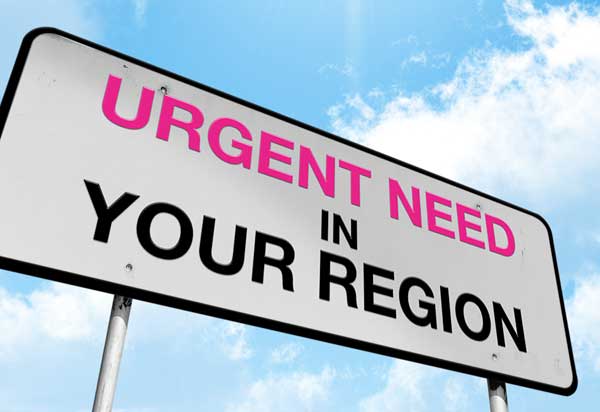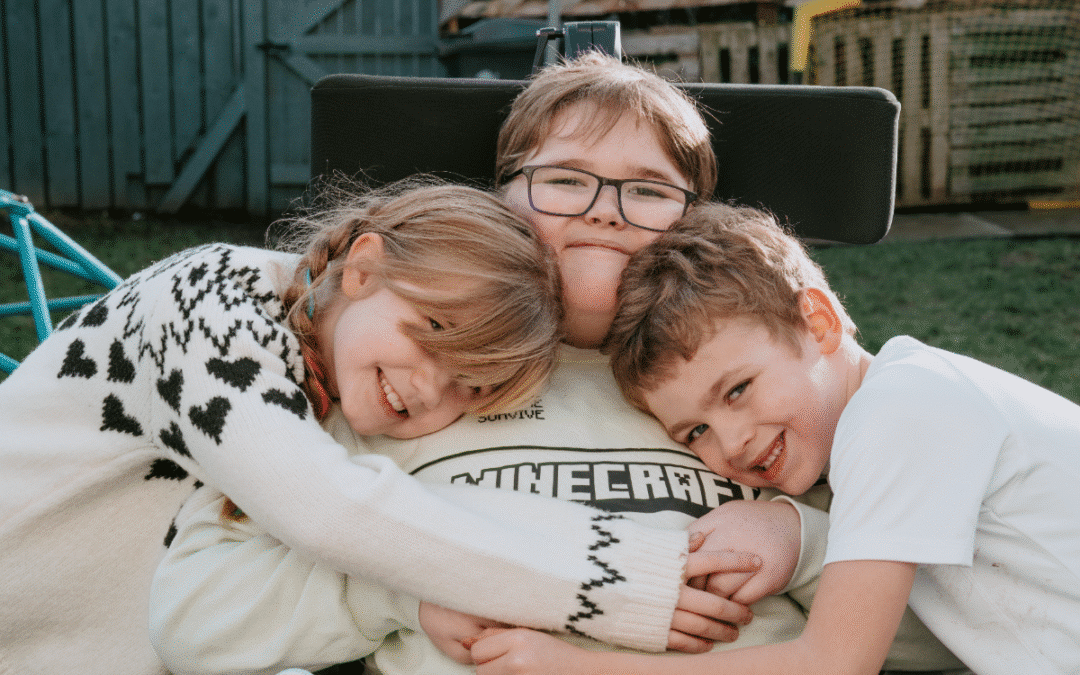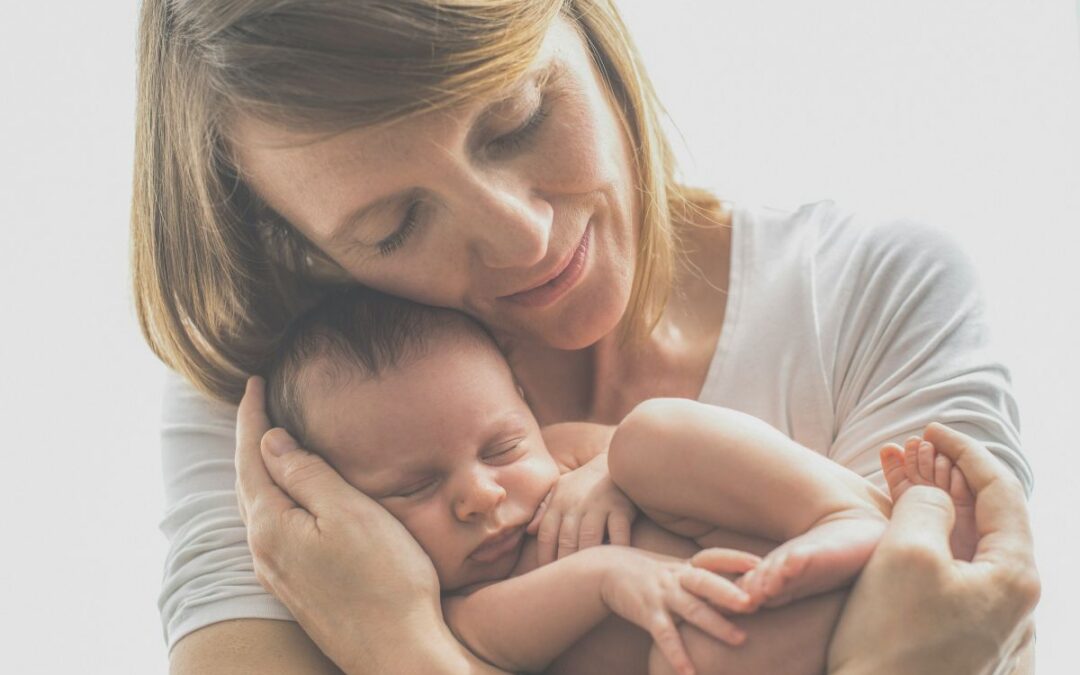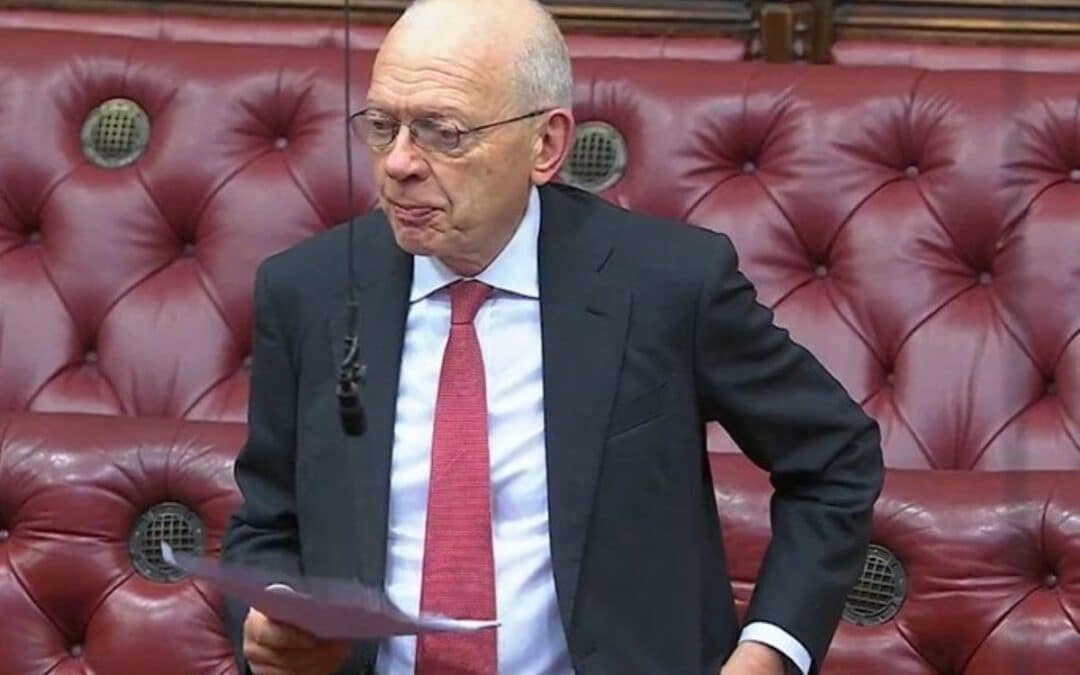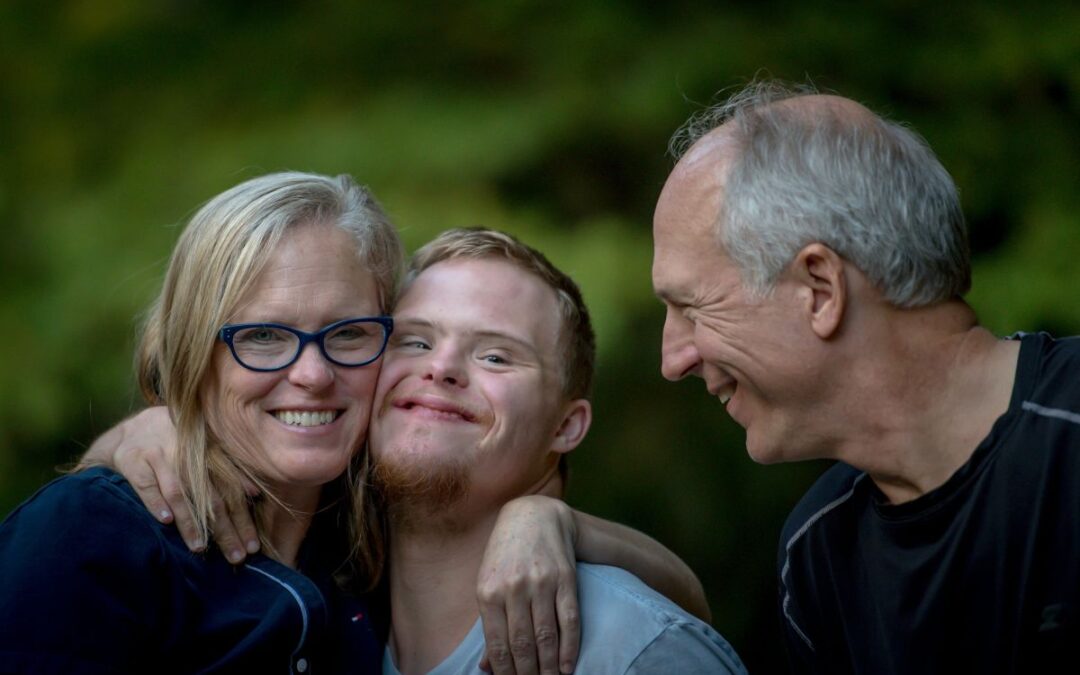Newlife published a damning report today exposing major and unlawful failings surrounding the provision of specialist equipment to some of the UK’s most vulnerable children.
Newlife is urgently calling on the government and individual local statutory services to work with the charity to help those children whose lives are at risk because they don’t have the specialist equipment they need.
In its report, Equipment Crisis for Disabled Children, launched today at the House of Commons, the charity highlights why children are being deprived of specialist equipment like walking frames, specialist car seats and beds, and has published a practical four-point-plan to fix it.
“All children have the right to be safe and free from pain, they have a right to learn and a right to reach their potential regardless of diagnosis or disability,” explains Mrs Sheila Brown, OBE, Newlife CEO, and mum to two disabled children herself.
“But every single day severely disabled and terminally ill children are denied their fundamental rights because existing policies preclude them, or decisions are made based on frugality rather than health and necessity. The result is children are left to suffer in pain, their safety compromised, isolated from the world.”
83% of local authorities apply unlawful ‘blanket bans’ that restrict equipment
The use of blanket bans by local statutory services is widespread and challengeable in law. This is one of the points Newlife is calling for action on. Often used as a way to ration shrinking budgets, a blanket ban means local authorities refuse to provide a particular piece of equipment ‘under any circumstances’. Each authority has its own criteria for applying these bans for example; no wheelchair assessments for under threes and no walking frames for a child who will never walk independently. However, by far the most common is the blanket refusal to fund specialist, protective car seats for disabled children, irrespective of whether there is a medical need for one with 83% of local authorities applying such a ban.
89% of children MISSING from disability registers
Eight percent of children in the UK have a disability – just over 1.1 million children in all. The Children’s Act 1989 requires all local authorities in England ‘establish and maintain’ a register of children with a disability in their area. However, data exclusively obtained by Newlife shows less than 11% of children are included on local disability registers.
Sheila continues: “Knowing the true number of disabled children in need is crucial. If only 11% are visible to public authorities, it’s impossible to budget and plan resources and services effectively in order to meet the need. This also explains why local health and social care services are drastically failing to provide the care, support and equipment they need.”
Medical improvements mean children born with conditions or who develop disabilities because of illness or accidents are surviving but with very complex needs requiring intensive support and in most cases multiple pieces of specialist equipment.
Despite demand for equipment reaching critical levels, a quarter of local statutory services cut spending during 2016/17
Sheila continues: “There’s lots of complex reasons why children are being failed. The law protects their rights to live safely, to have the opportunity to learn and to reach their potential, whatever that may be.
“This matters to every family, cancers, accidents, birth defects and infections. These risks are with us every day. No-one thinks it will happen to them. I didn’t, but that’s the reality.
“We believe that if the government ‘fixes’ the four big issues highlighted here, then hundreds of thousands of our children will benefit.”
NEWLIFE’S FOUR-POINT-PLAN
We are calling on national and individual local statutory services to work with us to put in place our four-point-plan which will change hundreds of thousands of children’s lives:
FIX ONE: Cease the use of blanket bans for rationing equipment
Blanket bans are commonly used as a way to manage budget constraints. Essential equipment is denied ‘under any circumstances’, this is arbitrary and fails to respond to their assessed needs.
FIX TWO: Establish and emergency equipment response service
Children in crisis cannot get equipment quickly enough. Local statutory services don’t have an effective emergency equipment response service for children in urgent need. This needs fixing to prevent injury, to allow hospital discharge and to relieve pain.
FIX THREE: Introduce maximum waiting times for equipment assessments across health and social care
Waiting times for assessments for essential equipment are not capped, and there are widespread lengthy delays – families can wait months, sometimes years before their child is prescribed the equipment they need. This leaves disabled children living in pain or at risk of injury and their families in constant anxiety. They simply can’t wait.
FIX FOUR: Ensure every disabled child is counted
Disability registers are failing. Without an accurate measure, health and social care services cannot budget to meet the need. Local authorities must put in place an accurate way to measure the number of disabled children to ensure that no child is invisible.
CASE STUDY: Removing Barriers: ‘Not under any circumstances’
One of the biggest barriers preventing children from getting the specialist equipment they need is the widespread use of blanket bans by local statutory services – often used as a way to ration shrinking budgets. Refusing to provide a particular piece of equipment ‘under any circumstances’ is unlawful and one of the points Newlife is calling for action on.
Each authority has its own criteria for applying blanket bans; the most common of which is a widespread refusal to fund specialist, protective car seats for disabled children, irrespective of whether there is a clear medical need for one.
83% of local authorities ‘don’t do’ specialist car seats for disabled children.
Three-year-old Malachi almost choked to death on his Mum’s lap in the back of a London cab while his brother and sisters watched on because his local authority wouldn’t provide him with a protective car seat – despite his life depending on it.
Malachi has extensive brain damage and can’t support his own head. If he’s not fully supported, mucus builds up in his throat which causes him to choke and vomit and sometimes stop breathing altogether. Every car journey was a nightmare and some days his mum, Sylvia, had no choice but to take Malachi on up to eight journeys a day, taking his two sisters and brother to school.
She said: “During one journey, he stopped breathing. He’d been sick and the thick secretions completely blocked his airway. I thought he was going to die.”
Too frightened to travel – the whole family became housebound.
Sheila Brown, said: “A specialist car seat is not a luxury item. It tilts to stop children like Malachi who have compromised airways, from choking to death. They have side and head supports so when a child has a seizure they won’t bang their head, causing them even more pain and distress. But specialist car seats can cost up to £3500 which is far beyond many family budgets.
“The government needs to put an end to blanket bans and the ‘we don’t do’ mindset – Malachi is just one child who almost died because of it. Every local authority and health service must have an identified, transparent process for reviewing equipment requests.”
“If a child can’t walk, the NHS provide a wheelchair. If a child can’t feed properly they provide a feeding system. But if a child can’t use a standard car seat because their health and life is put at risk when they do – they need to provide an alternative.”
Sylvia Nyamaah- Malachi’s Mum
Caption: 83% local authorities apply blanket bans to refuse providing specialist, protective car seats to disabled children despite, as in three-year-old Malachi’s case, there is a clear medical need for it.
CASE STUDY: Removing Barriers: Children in crisis can’t get specialist equipment quickly enough
Some situations require specialist equipment in an emergency – when a child’s condition and associated behaviours put their lives at risk of serious injury or death. Despite most local health and social care services having jointly commissioned integrated equipment stores to cater for the emergency needs of adults, no such public service exists to respond to the urgent, often life-threatening, needs of disabled or terminally ill children. As a country we’re failing some of the most vulnerable in our society.
For the past five years Newlife has been running the UK’s first and only Emergency Loan service, delivering specialist equipment to disabled children in crisis within 72 hours of request.
If it hadn’t been for this emergency service a family in Sheffield would still be at breaking point – no-one in the house has slept properly for years. Just getting to the end of each day is an achievement for Nikki and Simon Giles, who care for their three children, eight year old Isobel and seven-year-old twins Max and Freddie.
Max and Freddie both have ‘core’ autism and severe learning disabilities, while Isobel has ADHD and autism.
Over the last year Max’s condition has caused his behaviour to become more aggressive and agitated; breaking windows, injuring himself and those around him. His erratic behaviour grows worse at night; banging and trying to break the windows, crawling around trying to escape. If he does get out, he risks his life without realising. He has no concept of danger, once climbing onto the roof of their terraced house ready to jump.
The sheer noise and upset has a knock-on effect triggering both Freddie and Isobel’s anxieties.
Having a safe and secure place for Max to retreat to at night – and during the day – would have a huge impact on everyone’s life, but specialist beds of this type are not readily available to help children like Max and never in an emergency.
Three-fold increase in emergency requests for equipment from local health care professionals in the last five years.
Sheila Brown, said: “We’ve proven an emergency equipment service works, but more worryingly, that there’s a desperate need for this type of rapid response for specialist equipment for children. We must ensure that no child is in danger because they don’t have the right piece of equipment and are calling on government and local services to introduce local based emergency equipment services – it really is a matter of life and death for some children.”
“Every day is a battle to keep Max safe from himself and the other children safe from Max. My biggest fear is he’ll escape and drown in the lake over the road. We do everything we can to keep him safe but it’s just not enough – we live in constant fear.”
Nikki Giles, Max and Freddie’s Mum
Caption: Just getting to the end of each day is an achievement for the Giles’ family from Sheffield. They are at breaking point.

